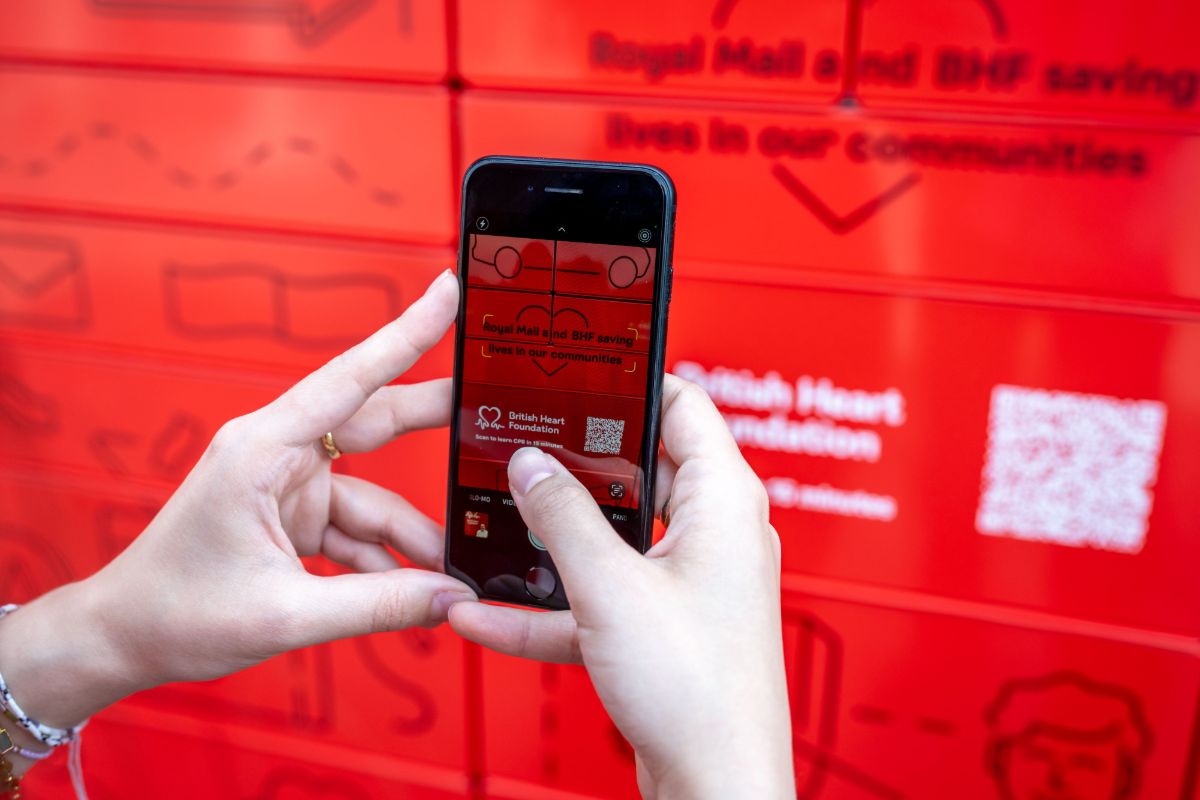RetailX researchers analyse the delivery, collection and returns promises that Growth 2000 retailers make
Delivery has become a key differentiator between retailers as online shoppers have got used to receiving their orders at the time and place that suits them.
But offering fast and free delivery – plus easy returns when an item isn’t quite right – can be expensive. Smaller retailers with fewer items to dispatch do not benefit from the same economies of scale as their larger competitors.
For them, delivery costs are higher per item and there’s more risk attached to offering extended returns policies. In this delivery section, the focus is on how Growth 2000 (G2K) retailers square that circle, and how their performance differs from the larger traders listed in the RetailX Top500. Researchers also analysed performance for those sectors that included 50 or more retailers.
Delivery
The median Growth 2000 retailer delivers a product ordered online in four days at a cost of £4, via its standard delivery option. That’s broadly similar to the Top500, where the median trader delivers in four days at a cost of £3.82.
The standard delivery cost varies by sector, with retailers selling consumer electronics and health products charging a median of £3, and those selling books charging a median of £5.30. In between the two extremes sit those selling home and industrial appliances (£3.50), stationery and craft (£3.70), sports and leisure footwear (£4), trade and DIY tools and children’s toys and accessories (both £4.20).
Shoppers receive free delivery from a G2K company when they spend at average of £45, compared to £42 for the Top500. The lowest G2K threshold for free delivery is in the consumer electronics sector, where shopper must spend a median of £26, followed by appliances (£28) and jewellery (£40). Fashion clothing and footwear retailers ask shoppers to spend more, with a median spend of £50 required before they post items for free.
It’s among premium delivery services that differences in proposition between the G2K and the Top500 become more distinct. That is likely to be because of the higher cost to smaller retailers of sending goods out faster than carriers’ standard service. Forty per cent of the G2K offer next-day delivery, contrasted with 60% of the Top500. And while 5% of the Top500 offer same-day delivery, only 3% of the G2K do so.
Next-day delivery is most common found among those selling health products (where 54% do so), tools and equipment (51%), sports clothing and equipment (49%), and cosmetics (49%).
It’s least common among those selling music, film and TV products (17%), books (20%) and jewellery (37%).
G2K retailers most likely to offer same-day delivery include those selling home appliances (5%), cosmetics, sports and leisure clothing and footwear, consumer electronics, jewellery, stationery and craft items (all 4%), while only 1% of those selling children’s toys offer this speed, along with 2% of those selling books, music, film and TV products.
Collection
Fewer Growth 2000 retailers offer their customers the option of ordering online and collecting in store. Just 13% do so, compared to 57% of Top500 retailers. But when G2K retailers do offer collection, it’s more likely to be free and to be faster. The median cost is zero, compared to 67p for the Top500, while the standard time until an item is ready to collect is 48 hours for the G2K, compared to 72 hours for the Top500. It appears that smaller retailers are only likely to offer this service when they can do so competitively – and the vast majority do not.
The availability of collection services varies markedly by category. Those most likely to offer in-store collection are retailers selling children’s toys (21%), sports footwear (21%) and sports clothing (20%) and fashion footwear (20%) – perhaps because they operate in sectors where customers are used to the convenience of a service that they must also offer in order to compete.
Those least likely to offer collection include those selling books (5%), music, film and TV products (5%), stationery and craft (7%). Most sectors, however, stay close to the G2K average of 13%, including those selling cosmetics (19%), tools and equipment (17%), homeware (14%) and consumer electronics (13%).
Returns
UK shoppers have a minimum of 14 days to return an unwanted item under UK and European law, but the average Growth 2000 business offers their customers a week longer than that, at 21 days.
That’s still less, however, than the 26 days offered by the average Top500 retailer. Those selling sports clothing (29 days), sports equipment and footwear (28 days) and tools and equipment offer the longest returns windows, followed by those selling clothing (26 days) and footwear (25 days). The shortest opportunity for returns is found among those selling health products (17 days), children’s toys (18 days) and homewares (19 days).
Just under a third (29%) of G2K retailers offer pre-paid returns, while just over a third (32%) of Top500 retailers do so. The retail sectors where shoppers are most likely to see their return costs paid are fashion footwear (44%), fashion accessories (43%), sports and leisure footwear (41%), jewellery (41%), fashion clothing (39%) and sports and leisure clothing (38%). This may reflect the customer’s expectation to be able to try on clothing and footwear at home easily before making a final decision.
Those least likely to pre-pay returns costs include businesses sending relatively heavy items, from trade tools and DIY equipment (17%), to home and industrial appliances (21%) as well as health products (25%).





